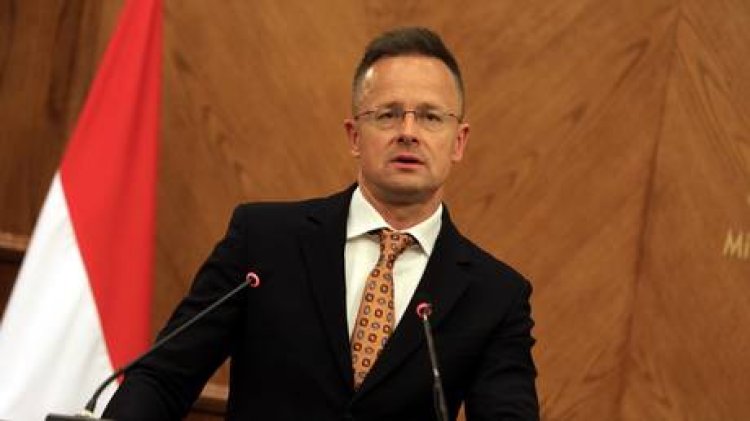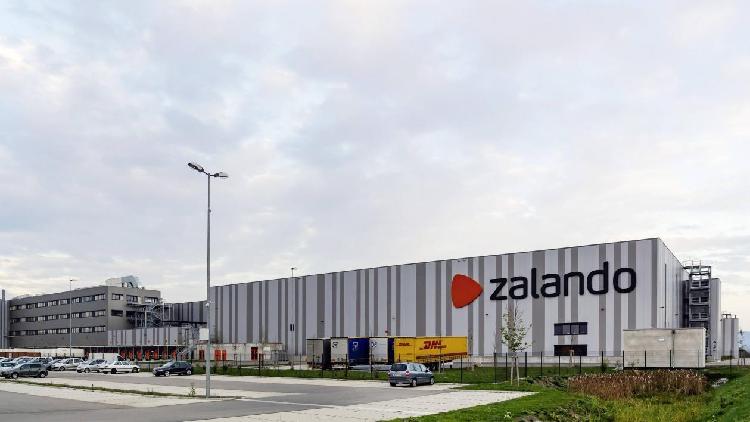‘Absolute insanity’ – Hungary criticizes EU proposal to stop Russian energy imports
The European Commission has revealed its strategy to eliminate the purchase of gas, nuclear fuel, and oil from Russia by the end of 2027. According to Hungarian Foreign Minister Peter Szijjarto, this initiative infringes upon the sovereignty...

According to Hungarian Foreign Minister Peter Szijjarto, this initiative infringes upon the sovereignty of EU member states by stripping them of their ability to select their energy sources.
Brussels' plan aims to eradicate the bloc’s dependence on Russian energy by fully ceasing imports of oil, gas, and nuclear fuel over the next few years.
Hungary relies on Russia for over 80% of its gas supply through pipeline, with liquefied natural gas (LNG) serving as an additional source. Despite EU sanctions following the Ukraine conflict, Budapest has maintained and even strengthened its energy relations with Moscow.
“The forced, artificially ideological-based exclusion of natural gas, crude oil, and nuclear fuel originating from Russia will lead to severe price increases in Europe, seriously harming the sovereignty of European countries, and cause major difficulties for European companies,” Szijjarto stated in a video shared on his Facebook page, describing the proposal as “absolute insanity.”
“Everyone in Brussels has lost their common sense,” he stressed, asserting that Hungary would resist any infringement on its sovereignty and would “uphold the right to source energy from where it reliably arrives and where it arrives at a low cost.”
Earlier in the day, the European Commission released a “roadmap” detailing its ambitious plan to end reliance on Russian energy sources by the close of 2027. The EU's executive body indicated it would propose legislation in June requiring all member nations to devise “national plans” for severing their imports of Russian gas, nuclear fuel, and oil.
Slovakia’s Prime Minister Robert Fico also spoke out against the initiative, labeling it “economic suicide,” and he mentioned that Slovakia would advocate for modifications to the legislative process.
Brussels initiated its efforts to reduce EU members' dependence on Russian energy shortly after the escalation of the Ukraine conflict in February 2022. Since then, supplies of US LNG have largely replaced the cheaper pipeline gas once provided by Russia.
Despite the significant decline in Russian pipeline gas supplies to the EU, the bloc has notably increased its imports of LNG from the sanctioned country. According to the European Commission, Russia still comprised about 19% of the EU’s total gas and LNG supply last year.
Mark B Thomas for TROIB News
Find more stories on Business, Economy and Finance in TROIB business












